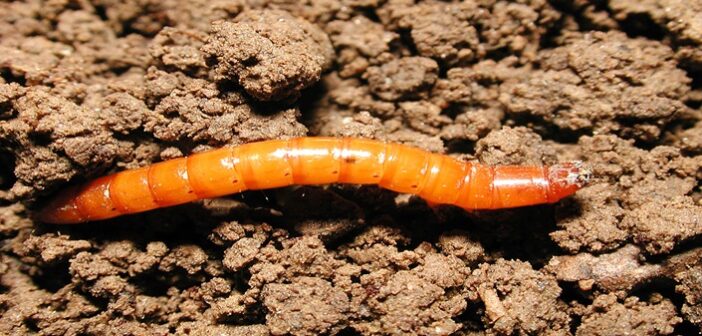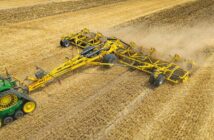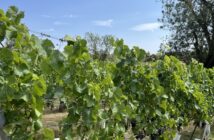Agronomists and farmers are required to help out in a Defra-funded study looking at how acoustic sensors can be used to improve soil health
Pilot studies have shown it is possible to record acoustics of organisms within the soil. This technique will have many benefits for soil monitoring, as measurements can be generated in minutes using a probe. Users would place probes within the soil and record the soundscape; this would then be analysed by computers using algorithms that compare the output to a sound library – the results used to assess biodiversity.
In the first study of its kind, scientists are using a technique called ecoacoustics to listen to the activity of earthworms and other invertebrates in the soil. The theory is that a noisy soil is a healthy soil, and that the sounds generated in soils can be recorded, measured and used to evaluate soil condition.
It is hoped that the study will help develop a system to monitor the activity of earthworms and other soil fauna, to help farmers grow crops more efficiently. The work is a collaboration between soil scientists at the University of Warwick Crop Centre and Baker Consultants Ltd, experts in ecoacoustics to develop a less invasive method of measuring earthworm populations,
Speaking at Groundswell, Andrew Baker, founder of Baker Consultants, said “We have made good progress to date and all the data we have collected so far supports our basic hypothesis that a noisy soil is a healthy soil.
“What we need to do now is establish how the data being collected can be employed on farm to make evidence-based decisions on improving farm soils.”
Anyone interested in getting involved in the project should contact Baker Consultants on 01629 593958.




